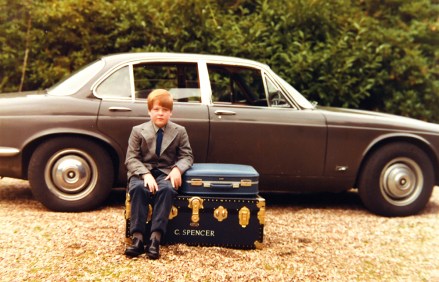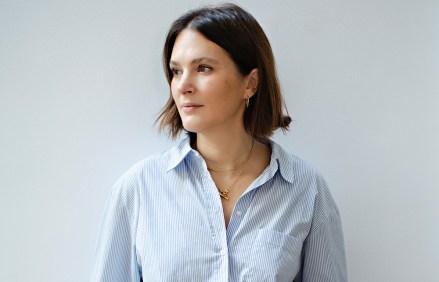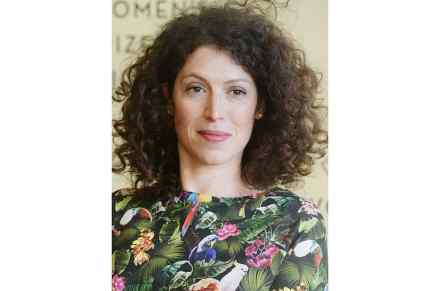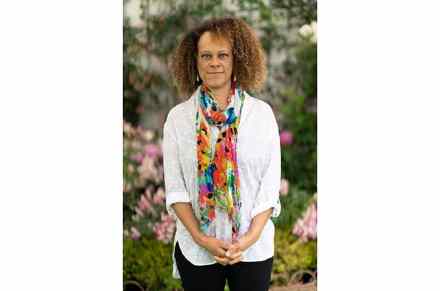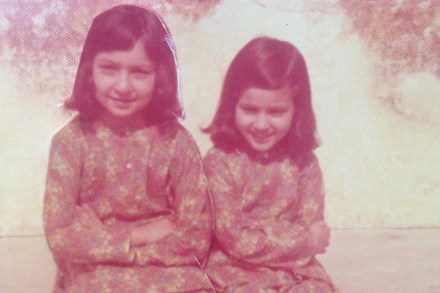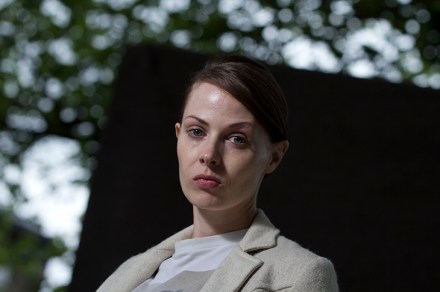My prep school scarred me for life
On one blissful, cloudless day during the summer holidays of 1972, Charles Spencer, who had just turned eight, surveyed the scene in his mother’s garden in Sussex. He’d spent the morning cycling and swimming, and a barbecue was being prepared. He remembers thinking: ‘This is too good to last.’ And he was right. A date he was dreading, 12 September, arrived. His father drove him the 100 miles from his house on the Sandringham estate in Norfolk to Maidwell Hall, the boarding prep school in Northamptonshire where Spencer would be a pupil for the next five years. We all remember that end-of-summer-holidays dread: the savage haircut, the putting on of
